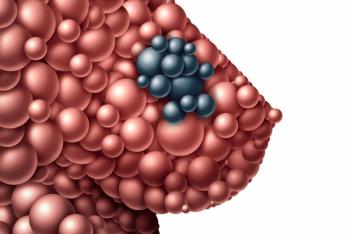
Data from a phase 2 study may support a novel mTOR inhibitor-based regimen in previously treated, HR-positive, HER2-negative breast cancer.

Your AI-Trained Oncology Knowledge Connection!


Data from a phase 2 study may support a novel mTOR inhibitor-based regimen in previously treated, HR-positive, HER2-negative breast cancer.
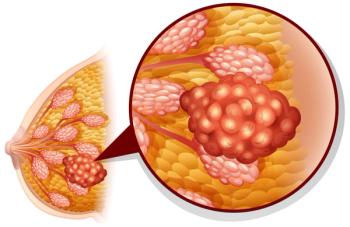
The addition of zovegalisib to fulvestrant led to rapid declines in PIK3CA and ESR1 ctDNA in the HR-positive/HER2-negative advanced breast cancer group.

Safety data from ASCENT-03 support sacituzumab govitecan as an effective therapy with manageable toxicities in advanced triple-negative breast cancer.

Exploratory data from a phase 3 study may help optimize adjuvant endocrine therapy choices in hormone receptor–positive, HER2-positive breast cancer.
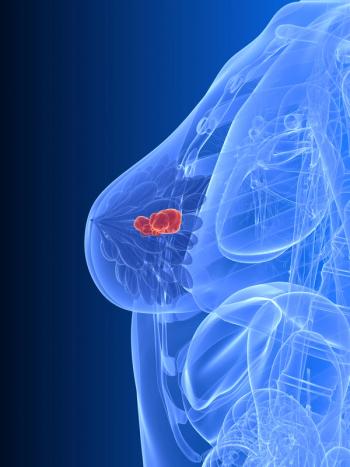
Unadjusted post-recurrence OS was numerically lower with palbociclib plus endocrine therapy vs endocrine therapy alone in the phase 3 PALLAS trial.

“VIKTORIA-1 is the first study to demonstrate a statistically significant and clinically meaningful improvement in PFS with PAM inhibition in patients with PIK3CA wild-type disease, all of whom received prior CDK4/6 inhibition,” said Barbara Pistilli, MD.
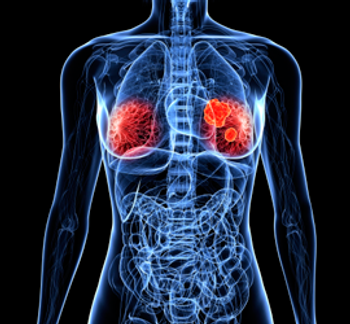
Data from the phase 3 PHILA study support pyrotinib plus trastuzumab as a therapeutic strategy in HER2-positive metastatic breast cancer.

Data from the PREFER study may provide evidence for improving oncofertility counseling for premenopausal women with early breast cancer.
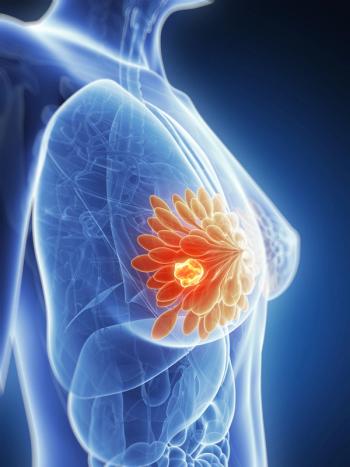
“This trial supports the value of a functional RAD51-based HRD assessment to refine patient selection for PARP inhibitors,” said Isabel Pimentel, MD.

The risk of pain deterioration was similar with T-DXd/pertuzumab vs standard of care in the DESTINY-Breast09 trial.

Subgroup data from the phase 3 DESTINY-Breast05 trial further characterize the clinical benefit of T-DXd over T-DM1 in this breast cancer population.

Sessions from SABCS 2025 detailed potential advances across different immunotherapy, radiation, and surgical modalities in breast cancer care.
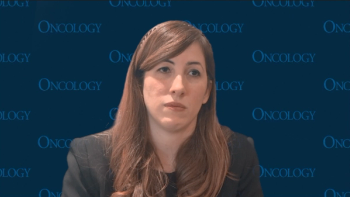
Findings from David Rimm, MD, PhD, suggest that there may be an inverse relationship between HER2 and TROP2 expression among patients with breast cancer.

A pathologist is often needed to definitively diagnose a patient with cancer based on the tissue testing results.

Tissue samples collected from patients with breast cancer during treatment may help explore therapy selection and predict toxicities.

Data from the ELEVATE trial may support elacestrant as an endocrine backbone in ER-positive, HER2-negative breast cancer.

Clinicians can reduce doses and mitigate toxicities in an easier fashion when administering elacestrant-based treatment for those with advanced breast cancer.

Atezolizumab plus neoadjuvant therapy was found to increase chemotherapy-induced ovarian failure among patients with TNBC.
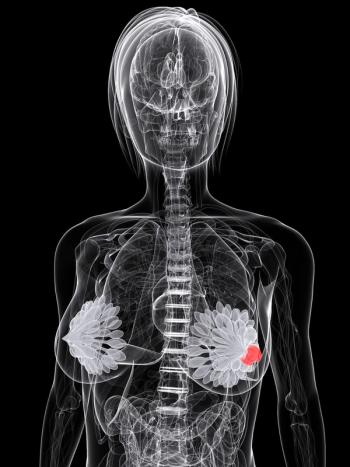
Data from SERENA-6 showed delayed disease progression and deterioration in QOL among patients who switched to camizestrant plus CDK4/6 inhibition.

The BOOG 13-08 trial shows omitting sentinel lymph node biopsy is noninferior to performing it in select older patients with early-stage, HR+ breast cancer.

“The magnitude of clinical benefit was clinically meaningful and consistent, and was regardless of PIK3CA mutations or alterations in the PIK3CA pathway, duration of prior CDK4/6 inhibitors, including patients who progress within 6 to 12 months, and the choice of prior CDK4/6 inhibitors,” said Hope S. Rugo, MD.
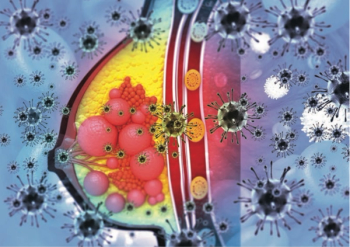
Data from the EMBER-3 trial support imlunestrant alone or in combination with abemaciclib as a chemotherapy-free treatment option.

QOL improvements were observed among AYA breast cancer survivors after utilizing a mobile health intervention.

Data from the EPIK-B5 study support the use of alpelisib/fulvestrant in previously treated, HR-positive, HER2-negative, PIK3CA-mutated breast cancer.

Estrogen alone was associated with a lower risk of BRCA-mutated breast cancer, according to data from an ongoing study.

Real acupuncture vs sham acupuncture produced more meaningful cognitive outcomes among patients with breast cancer.

PRO data from the ASCENT-03 trial complement the meaningful PFS benefit observed with sacituzumab govitecan in advanced triple-negative breast cancer.

Data may support the strong oncologic outcomes of less invasive surgical options for patients with node-negative disease after neoadjuvant chemotherapy.
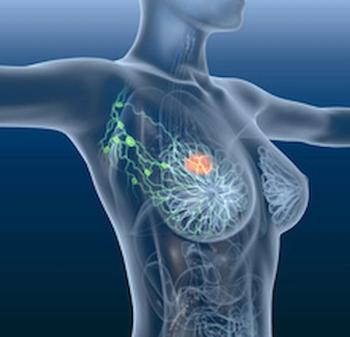
The 60-month local regional recurrence-free rate was 93.2% in the MRI arm vs 95.7% in the no MRI arm among patients with newly diagnosed breast cancer.

Findings from the P-RAD trial show encouraging rates of pathologic complete response among patients who received pembrolizumab plus radiotherapy.